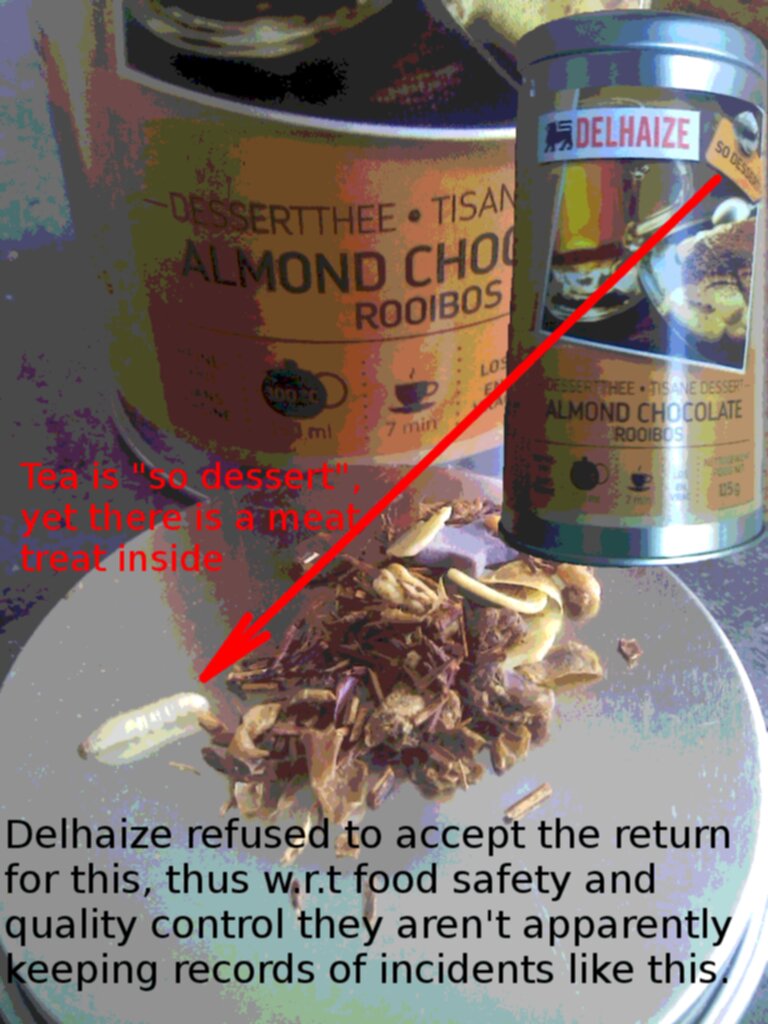Elevating the Culture of Blood Donation: A Call for Meaningful Incentives
Blood donation, an act that transcends mere charity, represents the quiet heroism that sustains modern healthcare. It is a selfless offering, an intimate gift of life passed from one human to another, often a stranger. And yet, despite its profound significance, donor rates continue to wane in the face of rising demand. As someone with a multifaceted background in psychology, healthcare, and business, I believe we must reimagine how we value and encourage blood donation, honoring its role in our collective well-being with the gravity it deserves.
The Psychological Imperative: Motivating Altruism through Thoughtful Engagement
Human behavior, when examined through the lens of psychology, reveals a complex interplay between intrinsic and extrinsic motivations. Altruism, though noble, is not immune to the realities of modern life. Time constraints, fear, or a lack of personal connection to the cause can inhibit even the most well-meaning individuals from participating in blood donation efforts. Herein lies the challenge: How do we create incentives that not only encourage participation but also respect the enormity of the act?
Psychological studies on motivation suggest that incentives—when aligned with the personal values and emotional needs of individuals—can significantly influence behavior. However, the incentives we offer must do more than tokenize the act of giving blood. After all, donors are contributing something deeply personal, their very life force. To present them with a nominal reward—such as a $10 gift card—seems a stark undervaluation of their contribution. Instead, we must seek to inspire through incentives that resonate with the magnitude of the donation.
Medical Realities: Blood, A Priceless Resource with Tangible Costs
From a medical standpoint, blood is more than a precious fluid; it is a lifeline. A single unit, processed and administered, can mean the difference between life and death for multiple patients. Yet the economics of blood donation often remain hidden from public view. The cost of testing, processing, and delivering a half-liter of blood typically ranges from $200 to $400. This reality, however, is juxtaposed against the modest compensation most donors receive, creating a disconnect between the invaluable nature of the resource and the rewards offered to those who provide it.
As someone deeply acquainted with the medical field, I understand that the value of blood transcends financial measures. Yet the act of giving blood, the personal sacrifice made by the donor, should be met with a gesture that honors both the physical and emotional commitment of the individual. Here, my experience in business and advertising offers a pathway toward more meaningful recognition.
The Confluence of Business and Health: Redefining Value in Incentive Programs
In the realm of business, we understand that consumer engagement thrives on perceived value, and that participation is most often driven by the emotional resonance of an experience. Blood donation campaigns, though not a commercial enterprise, can benefit from this understanding. Rather than offering trivial rewards, we must craft incentives that speak to the heart of the donor’s contribution.
Nonprofits, often constrained by limited resources, need not rely on financial compensation alone to honor their donors. Instead, they can create community-centered experiences—opportunities for donors to connect with others who share their generosity. Imagine donor appreciation nights where participants gather for a shared meal, such as a pizza or barbecue dinner, followed by an outdoor movie screening beneath the stars. These events would provide more than a reward; they would offer a space for connection, reflection, and the cultivation of a shared sense of purpose.
A Vision for the Future of Public Health: Holistic and Humane Incentives
In reflecting on my diverse experiences across psychology, healthcare, and business, I see an opportunity for blood donation campaigns to evolve. It is time to embrace a holistic model of public health—one that recognizes not only the practical need for blood but also the profound emotional and social dimensions of the donation process. We must honor donors with incentives that reflect their sacrifice, not just in monetary terms but in the creation of meaningful, shared experiences.
Blood is not a commodity, nor should it be treated as such. It is the essence of life, and those who give it should be recognized accordingly. By rethinking the way we incentivize blood donation, we can cultivate a culture of gratitude, empathy, and collective responsibility. The future of public health rests not just in meeting immediate needs, but in inspiring individuals to become active participants in the ongoing narrative of human connection and care.
Let us rise to the occasion, offering incentives that are not only fair but awe-inspiring—reflecting the life-saving nature of the gift itself. In doing so, we elevate not only the act of giving blood but also the very spirit of humanity.

